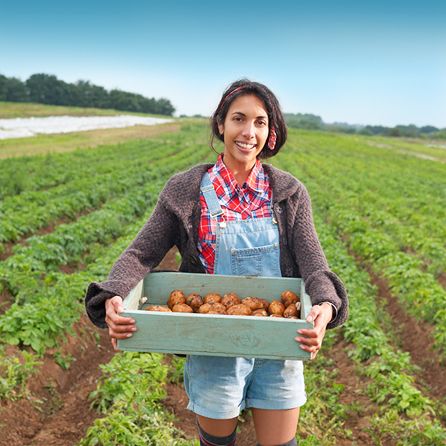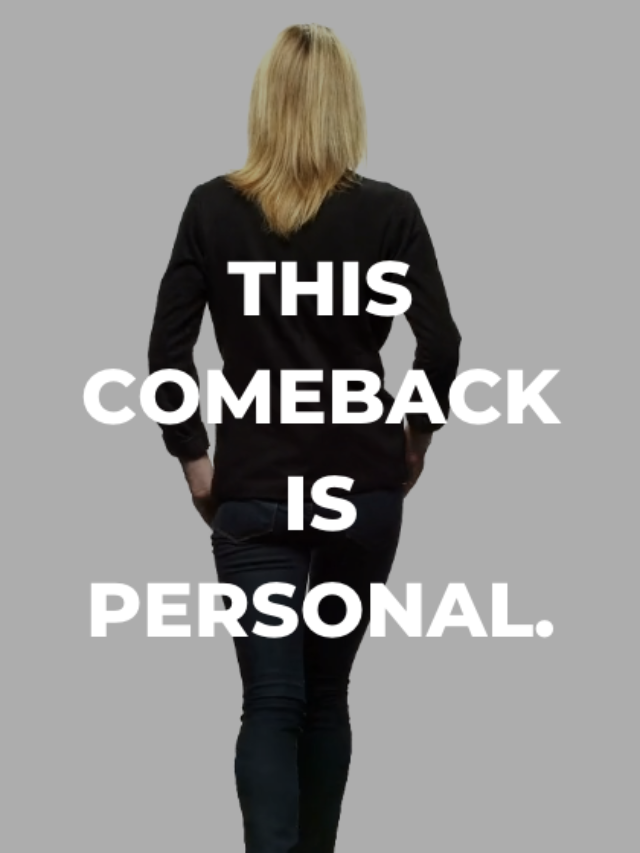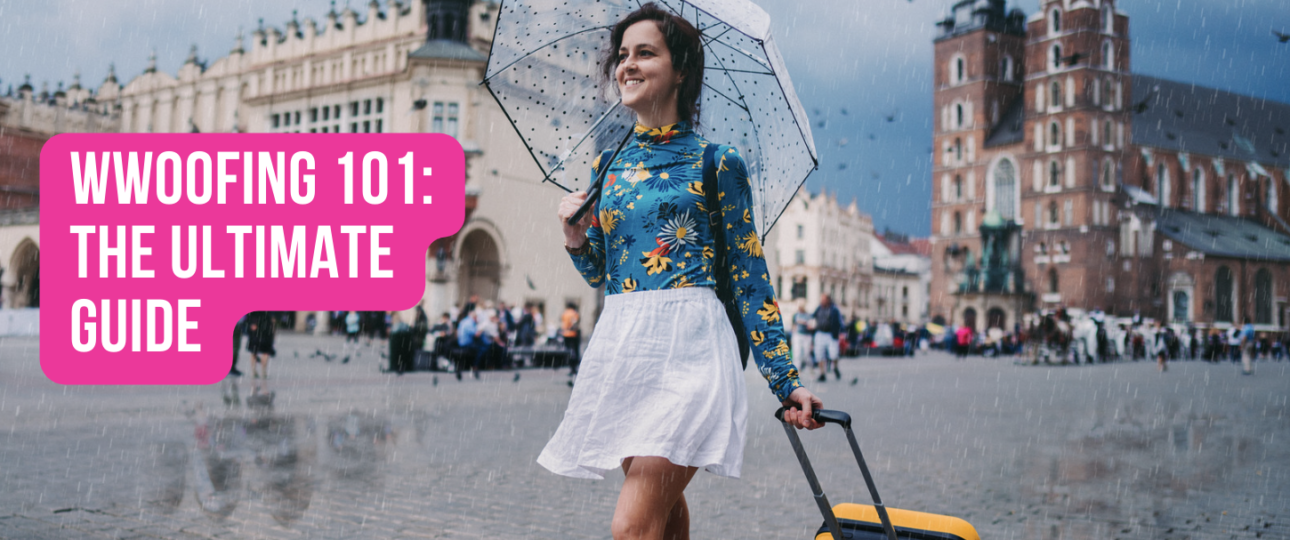
We're always all on the look out for ways in which to keep costs down while traveling. There are several ways of doing so with accommodation -- such as Couchsurfing and housesitting. It's time look at another option: WWOOFing.
What is WWOOFing?
WWOOFing stands for Willing Workers on Organic Farms, or World Wide Opportunities on Organic Farms, and is a way for you to volunteer and help out on an organic farm in exchange for free food and accommodation. You'll normally commit to working for at least four to six hours a day for a few days or more.
What are the benefits?
The most obvious one is the free organic food and accommodation.
However, there are many more benefits. You'll get to learn more about organic farming and sustainable living, and experience a different lifestyle to your one back home. In doing so, you'll be able to see how locals live and get a unique insight into their culture. They’ll be able to let you know about all the hidden spots to visit in the area, introduce you to other locals and educate you on their language and culture.
You'll also be able to connect with like-minded people who are working on the same farm as you. The farms usually have a very communal setup and you'll quickly get to know everyone else extremely well, sometimes even making friends for life. Finally, you'll be able to improve your fitness and health by working outside every day.
And the downsides?
Unfortunately, WWOOFing has different websites for every country around the world. If you're going to be doing a big trip through Europe, for example, and are thinking about WWOOFing in several countries along the way, then you'll have several different membership fees to pay. These are usually in the range of $30-$50, so can quickly add up.
If you're an independent traveler then you may struggle with the dependence you'll have on your hosts. You'll be working to their schedule and eating when they decide to.
WWOOFing can be extremely hard work, often in the heat of the day. If you're not physically fit then you might struggle to keep up.
Depending on where you decide to work, you could also be exposed to poisonous animals on the farms.
How do I find a placement?
First of all, you'll want to choose the country, or countries, that you want to WWOOF in, and pay for to register on those websites.
Keep monitoring the WWOOF sites you've signed up for until you find a placement you'd like to apply for. Although WWOOF recommends that you only email one host at a time, we recommend sending out several at once to maximize your chances of finding somewhere.
Remember to customise your email and personalise it as much as possible -- there are far more WWOOFers than hosts and a generic email won't help you stand out from the crowd. Tell the hosts about yourself, and mention aspects of their farm and work that appeals to you. Let them know about your relevant skills and experience and how long you'd be available to work for.
Make sure you send your emails quite far in advance. You'll have most success sending out requests a month or two before you'd like to start -- any earlier and the host likely won't know if they'll have availability, any later and they'll probably be full.
Be sure to find out as many details about the placement as possible too -- it needs to work for you as well as for the host! Find out what your tasks will be, how long you'll be expected to work for, if all meals are included with your placement and what standard the accommodation is.
Anything else?
Make sure to get travel insurance so that you're covered in case you injure yourself while working. Make sure that your insurance policy covers volunteer work -- we recommend using World Nomads.




















